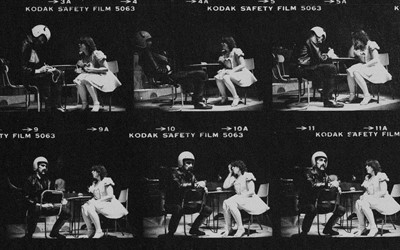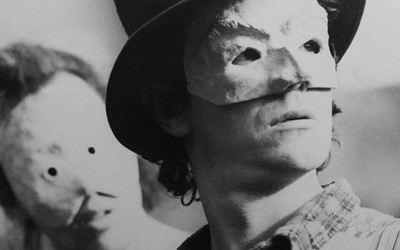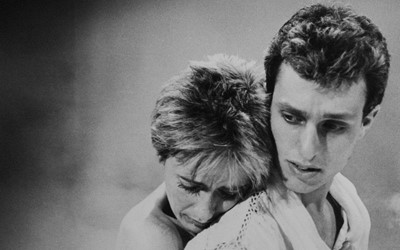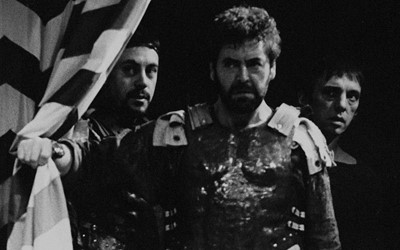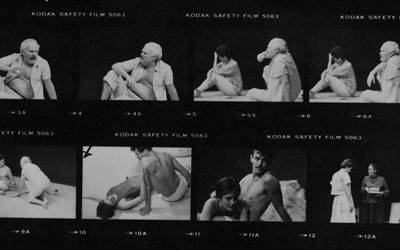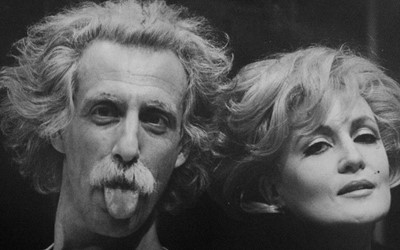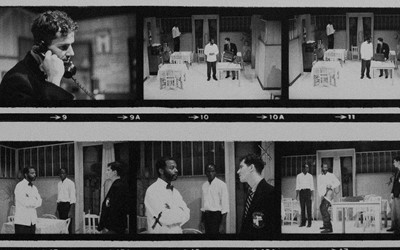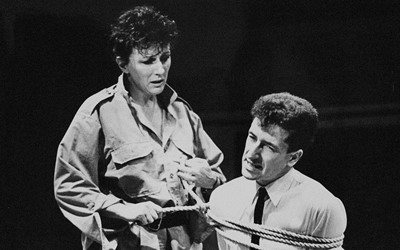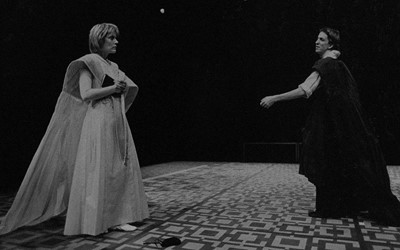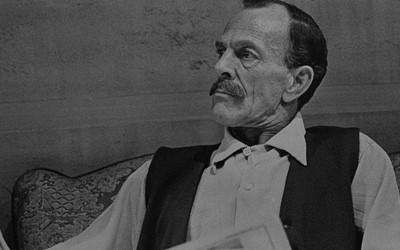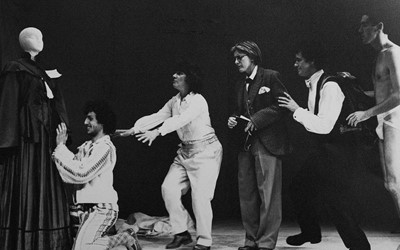
In 1969 Rex Cramphorn created the Performance Syndicate, an experimental workshop group taking its inspiration from the theories of Peter Brook and the Polish director Jerzy Grotowski.
Joining Playbox in 1981 as resident director, he developed his unimposed directorial style into the Actors’ Development Stream, establishing an ensemble of actors with whom he could explore the possibilities of a total theatre.
In a 1973 interview, Cramphorn described the kind of productions he hoped to create:
'I’m not interested in presenting the violence of life around me or its chaos and doubt. I’m interested, in a very simple-minded and romantic way, in things that confirm one’s faith in something – whether it be a thing as abstract as the skill of story-telling or whether it be a story like The Tempest about a personal and spiritual development.
The theatre that I like to see and I’d like to make is outside reality. I’d like it to be an artistic whole, to have the kind of discipline that ballet and opera have. So I think I work in reaction to the life around me.'
The best of Cramphorn's theatre productions were said to be the equal of any Grotowski production; in others it was evident that Cramphorn seemed to demand almost as much of his audience as he did of his players.
Productions created through the Actors' Development Stream included Thérèse Radic’s A Whip Round for Percy Grainger, Barry Dickins’ A Couple of Broken Hearts, Peter Handke’s My Foot My Tutor and Racine’s Britannicus (1982), Antony and Cleopatra, Edward Bond’s Summer, Terry Johnson’s Insignificance and Fugard’s ‘Master Harold’…and the Boys (1983), Molière’s Scapin, Terry Johnson’s Unsuitable for Adults and David Williamson’s The Removalists (1984), and Hamlet, Measure for Measure, Louis Nowra’s The Golden Age and Roy Mathew’s A Spring Song (1985).

